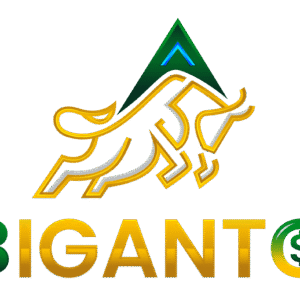What Are NFTs?
Non-fungible tokens are a type of digital asset that represent ownership or proof of authenticity of a unique item or piece of content, stored on a blockchain. Unlike cryptocurrencies such as Bitcoin or Ethereum, which are fungible and can be exchanged one-to-one, each NFT has distinct information or attributes that make it unique.
NFTs are built on blockchain technology, typically use the Ethereum blockchain, though other blockchains such as Binance Smart Chain and Flow are also used. Each NFT is encoded with metadata that outlines its uniqueness and ownership. The blockchain ensures the immutability and traceability of this information, providing a secure method for verify authenticity.
Key Characteristics of NFTs
- Uniqueness: Every NFT is one-of-a-kind, with a unique digital signature that distinguishes it from others.
- Ownership: The ownership of an NFT is recorded on the blockchain, and only the holder of the private key to that NFT can sell or transfer it.
- Immutability: Once an NFT is minted (created) and recorded on the blockchain, the record is permanent.
Let’s take a closer look at how NFTs are impacting various sectors.
- Gaming: One of the most significant impacts of NFTs is in the gaming industry. In traditional gaming, players often invest time and money into acquiring in-game assets like skins, weapons, and characters. However, these assets are typically confined to the game in which they were acquired and are not owned by the players in a true sense.
NFTs change this dynamic by allowing players to own their in-game assets. These assets can be traded, sold, or even used across different games if supported by the developers. This ownership is authenticated and tracked through the blockchain, ensuring that each asset is unique and verifiable.
Example;
Axie Infinity
One of the most successful NFT games with real economic impact:
- Players own cute creatures called Axies as NFTs
- Each Axie has unique traits and abilities
- Players can breed Axies to create new ones
- People in countries like the Philippines have earned living wages playing
- Example: A rare “Triple Mystic” Axie sold for 369 ETH (worth over $800,000 at the time)
- Real State: The real estate industry is known for its complex transactions and significant paperwork. NFTs have the potential to streamline these processes by tokenizing real estate assets. A property can be represented as an NFT, detailing its ownership history, property rights, and other relevant information on the blockchain. This transparency can simplify the buying, selling, and transferring of real estate.
Example;
The Sandbox: A decentralised virtual world where users can buy, sell, and trade land and assets as NFTs, offering new opportunities for virtual real estate investment.
- Digital Identity: Imagine having a digital ID that’s as reliable as your passport but works online.
NFTs can help create:
Digital passports: NFTs can be used to create digital passports that verify an individual’s identity.
Social media profiles: NFTs can be used to create unique social media profiles that can be bought, sold, and traded.
NFTs can also be used to create new business models in digital identity, such as:
Identity verification: NFTs can be used to verify an individual’s identity, reducing the risk of identity theft.
Personal data management: NFTs can be used to manage personal data, allowing individuals to control who has access to their data.
Conclusion
NFTs have the potential to revolutionize a wide range of industries, from gaming and real estate to digital identity. By representing ownership of unique digital assets, NFTs can create new business models, revenue streams, and opportunities for innovation. As the NFT market continues to grow and evolve, it will be exciting to see the new use cases and applications that emerge.

